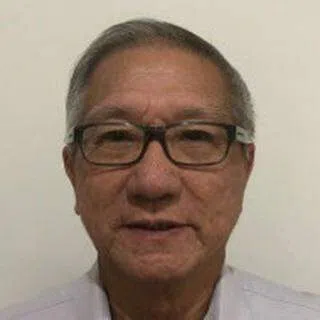Still an Asian century, despite South China Sea and Taiwan Strait tensions
With the hotspots in Asia increasing, former journalist Goh Choon Kang discusses what small countries in the region can do, and why the 21st century can still be an Asian century.
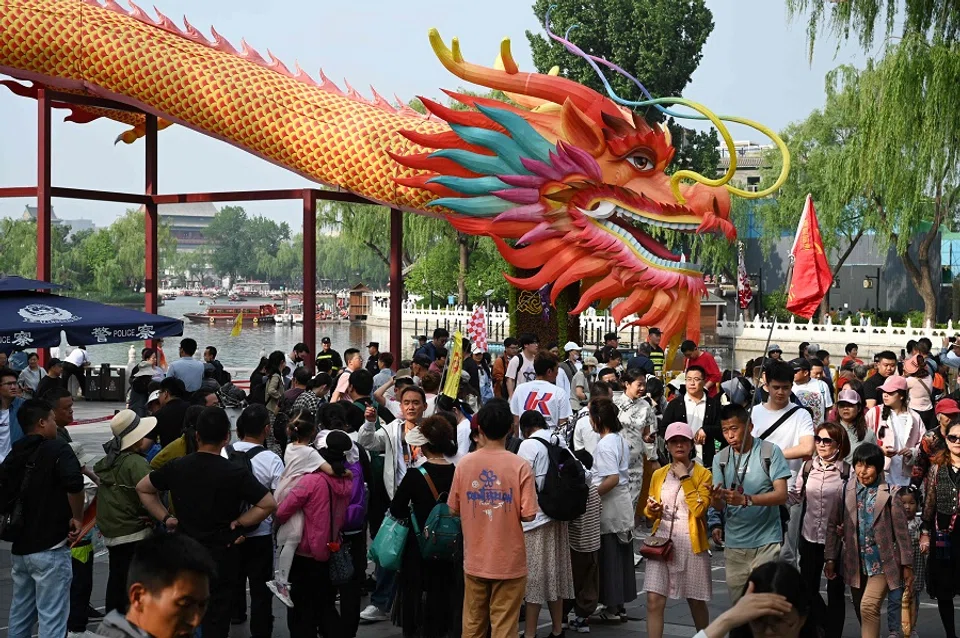
At his swearing-in ceremony on 15 May, Singapore Prime Minister Lawrence Wong said that the post-Cold War era of peace and stability in Asia Pacific has ended and would not return. He observed that the world was now marked by conflict and rivalry, with the great powers competing to shape a new, yet undefined, global order. This transition would be marked by geopolitical tensions, protectionism and rampant nationalism everywhere, and would likely stretch for years or even decades.
People used to say that the 21st century would be an Asian century. But now this vision seems to be refuted like never before. US-led US-China competition has indeed altered the paradigm in the Asia-Pacific region.
Leaving Northeast Asia aside, tensions in the hotspots of the South China Sea (SCS) and Taiwan Strait are intensifying. Meanwhile, the deglobalisation and decoupling wave wrought by great power competition continues. These are great challenges for all Asian countries.
... not only has the Philippines tilted sharply towards the US, it is also frequently making moves against China over the sovereignty of disputed islands.
Deepening conflicts in the South China Sea and the Taiwan Strait
It can be said that since Philippine President Marcos Jr took office, the situation in the SCS has turned south, with the country’s approach deviating from Duterte’s policy of alignment with China and rejection of the US. Now, not only has the Philippines tilted sharply towards the US, it is also frequently making moves against China over the sovereignty of disputed islands.
At the same time, the crisis in the Taiwan Strait has escalated dramatically. After Taiwan President Lai Ching-te declared that the Republic of China (ROC) and the People’s Republic of China (PRC) are not subordinate to each other in his inauguration speech, Beijing immediately launched a two-day military drill encircling Taiwan.
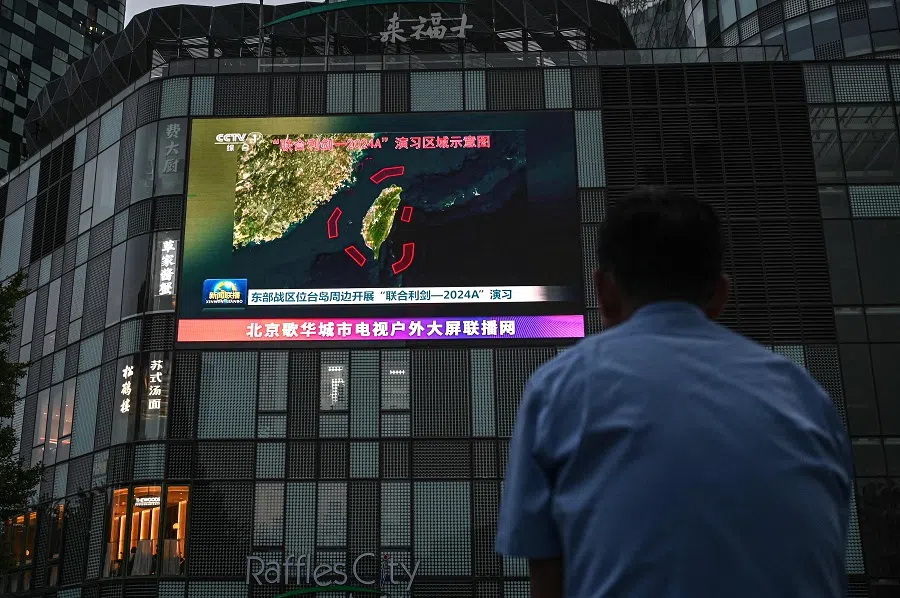
In terms of the economy, the US and Europe have joined hands to launch an economic war against China on the grounds of “overcapacity”, significantly increasing tariffs on green energy products such as China’s electric vehicles, lithium-ion batteries and solar panels.
Furthermore, at the recent G7 finance ministers and central bank governors meeting in Italy, US Treasury Secretary Janet Yellen urged market-driven countries to present a “wall of opposition” to China over its state-driven industrial policies. This spells naked protectionism and trade barriers.
Such practices counter the principle of free competition and damage the multilateral trade system. But major powers tend to go their wilful ways and decide if they want to follow international rules based on their own needs.
... the world’s many small and medium-sized countries can band together, gain strength in numbers and walk their independent and autonomous paths.
What small countries can do
Under such circumstances, especially amid the polarisation of great power confrontation, what should the many smaller and weaker countries do? If they do not choose sides, what other options do they have?
The answer is, the world’s many small and medium-sized countries can band together, gain strength in numbers and walk their independent and autonomous paths. This is also the principle of autonomy and self-reliance that a small country like Singapore has always upheld.
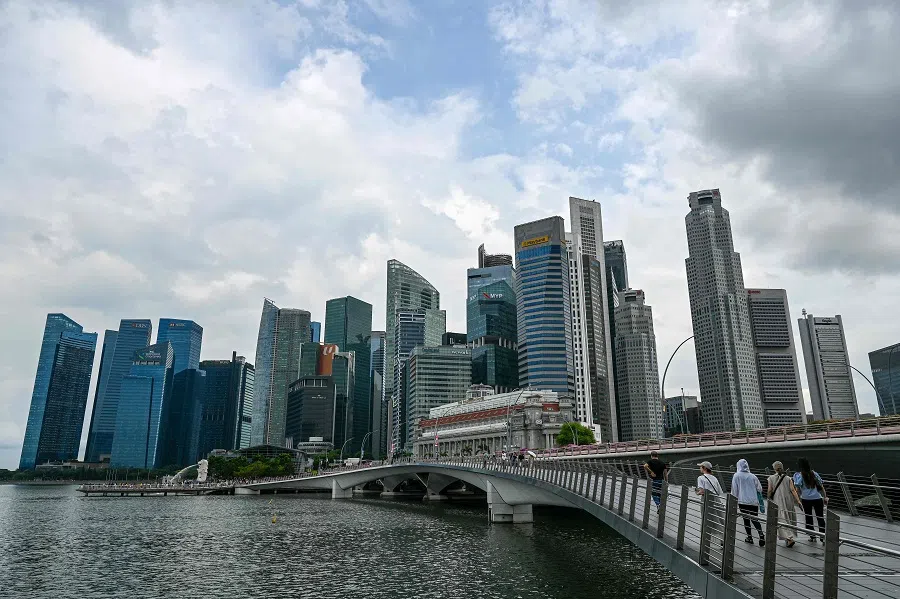
Asian countries especially need to be aware of this and stay united, manage bilateral relations well and not lose sight of the main goal because of smaller gains. If they do and fail to seize the opportunity to work together to create an Asian century, this would go down in history as an act of infamy.
The present great power rivalry reminds us of Aesop’s fable about the wolf and the lamb. In an ideal or rational international framework, peaceful coexistence should prevail. However, certain major powers reject this notion, opting instead to suppress their rivals, often fabricating excuses to justify their actions.
While this is something we disagree with and do not wish to see, it is indeed happening. The side led by the US gives the impression of being aggressive, while the besieged China seeks to reason with its opponent, much like the dispute between the wolf and the lamb.
But we know that today’s China is no longer that weak lamb from a century ago — it will not be easily eaten. But unfortunate for us, the two sides engaged in a bitter fight are our friends.
By not choosing sides, one is in fact rejecting the act of ganging up and worsening conflicts, as well as saying no to power politics that is inconsistent with international law.
Hastening negotiations for a code of conduct on the SCS
Under circumstances where one side will only be satisfied with nothing short of the other side’s destruction, the wisest approach is to promote talks for peace, not choose sides.
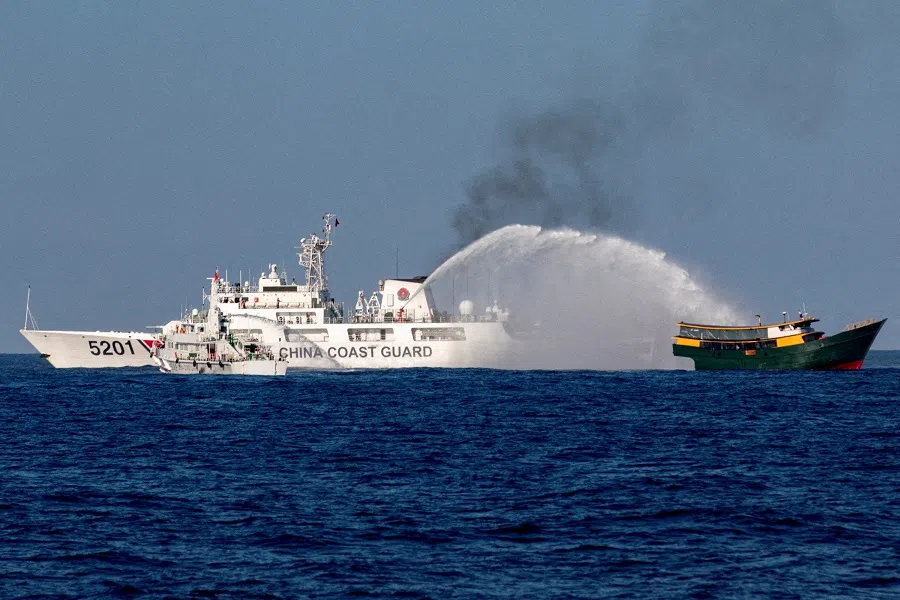
By not choosing sides, one is in fact rejecting the act of ganging up and worsening conflicts, as well as saying no to power politics that is inconsistent with international law. The more countries choose to take this stance, the more likely it would serve as a form of checks and balances, easing tensions in the hotspots to a certain extent. But if one instead chooses sides, that would be tantamount to continually exacerbating tensions and fostering the possibility of conflict.
On this note, we can say that the Philippines’ approach to the SCS is extremely foolish. It thinks that by completely siding with one side, it would have an ally, when in fact it is inevitably becoming a pawn to be used. The Chinese saying of “adding fuel to fire” perfectly illustrates this predicament. It is also an approach that goes against the general ASEAN diplomatic strategy.
The Chinese have repeatedly labelled themselves as mediators in various international conflicts; yet when it comes to its own bilateral issues, is there truly no room for discussions with the Philippines? This has led some to speculate that Marcos Jr’s falling out with Beijing might be linked to leverage the US holds over him. Regardless, it is clear to all that his approach is a dangerous one. To avoid sparking a conflict, ASEAN and China should pick up the pace when it comes to the negotiations on a code of conduct in the SCS.
Stating clear stance on rejection of Taiwan independence
On the Taiwan Strait crisis, with the new Taiwan president blatantly stating that both sides of the strait are not subordinate to each other, it is evident that tensions have heightened. If Beijing can no longer hold itself back, it would not just be both sides of the strait that would suffer, but instead the interests of Asia as a whole. At this point, it is necessary for each country in the region to express a clear rejection of Taiwan independence.
On 6 May, Wong, then still the Singapore PM-in-waiting, stated expressly during an interview with The Economist from the UK that Taiwan is not Ukraine, as the latter is a sovereign country but regarding Taiwan, the vast majority of countries around the world have a “one China” policy. Singapore has long upheld a “one China” policy and opposed Taiwanese independence, even before it established diplomatic relations with the PRC.
Wong added, “it is a long-standing position, and we are very careful when we conduct relations with both China and Taiwan that [it] is consistent with our One China policy. And we do not allow ourselves to be made use of for any causes supporting Taiwanese independence.”
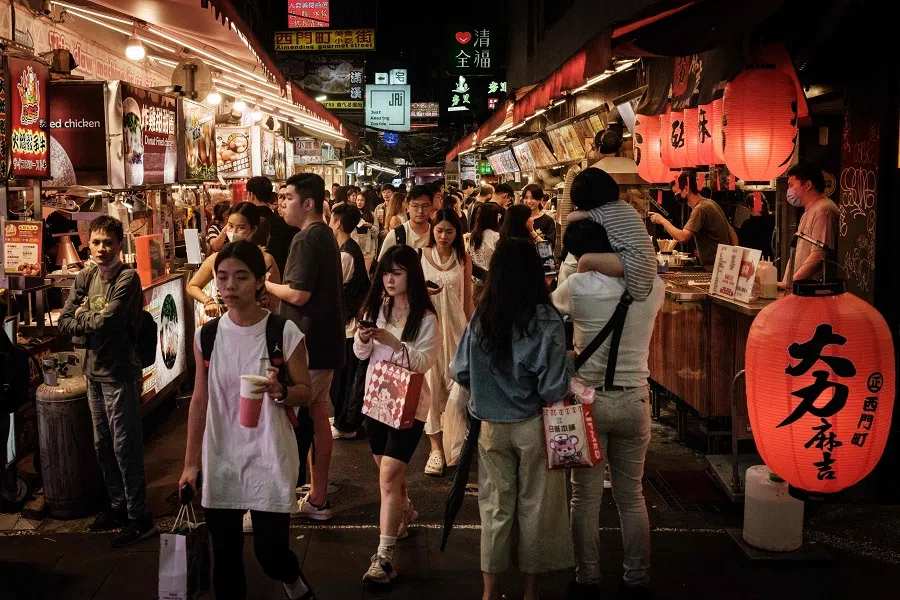
From a historical perspective, the Taiwan issue is a problem left over from China’s civil war. Though the People’s Liberation Army (PLA) pushed the Kuomintang to Taiwan, US intervention prevented further advancement across the strait, establishing the current “status quo”.
As time dragged on, the status quo became more and more complicated — different people had different interpretations of the status quo, with the Taiwan independence faction interpreting it as both sides of the strait not being subordinate to each other. Countries that recognise only one China and see both sides of the strait as belonging to one China should not be misled by the so-called status quo.
It is entirely possible to create the Asian century, as long as countries have the foresight and move towards the same goal.
Asian century still in the making
However, some people believe it would help the Taiwan independence cause if things were to “drag on”. Yasuhiro Matsuda, a Japanese professor, has brought up the “Chiang Kai-sheknise” theory, that is, how Chiang Kai Shek had planned to take back the mainland in the past, but in his old age, this fervour died out.
In Matsuda’s view, if the status quo drags on until Xi Jinping’s old age, the period of danger will pass. Just like Chiang, a Xi in old age may no longer have the ambition to take Taiwan by force.
This theory could potentially lull some proponents of Taiwan independence into a false sense of security. This is dangerous. Hence, it is important to maintain the stance of not being used for Taiwan independence. Xi is not Chiang, mainland China is not Taiwan, and naval PLA forces surrounding the island is also no laughing matter.
Economically, besides its stance of rejecting the “small yard, high fence” approach that some countries have adopted, Singapore’s overall stance should sit well with other countries.
On 24 May, Gan Kim Yong, Singapore’s deputy prime minister and minister for trade and industry, said in his speech at the Nikkei 29th International Forum that the traditional model of globalisation may no longer be workable, and hence the World Trade Organization should undertake reforms to change some of the old practices which are no longer applicable. Asia can take the lead to help the world find new routes by forming agile partnerships with like minded member countries to move ahead on important issues.
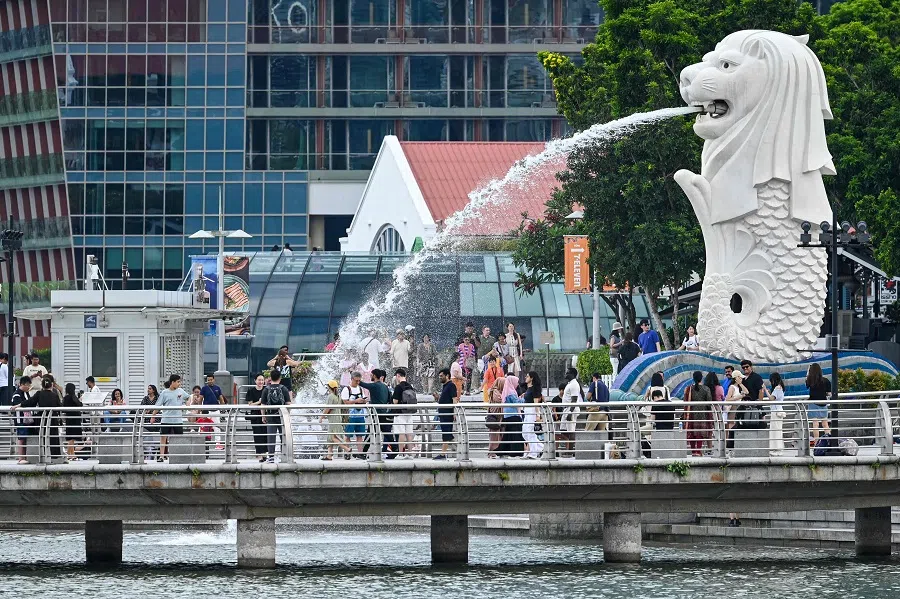
Effectively, necessity is the mother of invention, and new methods that work will prevail.
It is not an easy thing for Asia to attain the economic accomplishments it enjoys today, and presently, it has become the biggest engine to drive the global economy forward. Be it ASEAN, China, India or other countries in Central Asia, there is limitless potential for development.
It is entirely possible to create the Asian century, as long as countries have the foresight and move towards the same goal. Not only that, they should not let internal conflicts intensify, and must continue to strengthen mutually beneficial cooperation and mechanisms for coexistence and co-prosperity, and have enough strategic determination not to be shaken by various subversive and provocative overtures.
This article was first published in Lianhe Zaobao as “确保亚洲世纪不会被颠覆”.
